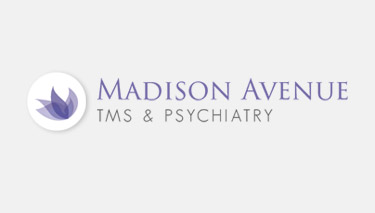What To Expect On Your First TMS Appointment
June 30, 2025
Whether you’ve heard about Transcranial Magnetic Stimulation (TMS) therapy, have done your own research on it, or already have your first session scheduled, you might be wondering, “What can I expect on my first TMS appointment?” In this article, Olivia Tween, TMS coordinator at Madison Avenue TMS & Psychiatry, guides…









